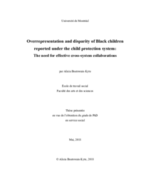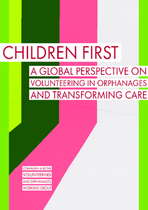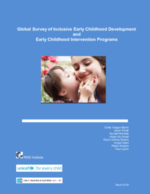Children in care or in need: Educational progress at home and in care
By age 16 the attainment of most children in or on the edge of out of home care has fallen well behind the average for their age. This paper uses the English National Pupil Database to examine how much of this falling behind occurs before the age 7, and how any subsequent decline relates to time in care as against time outside it.





